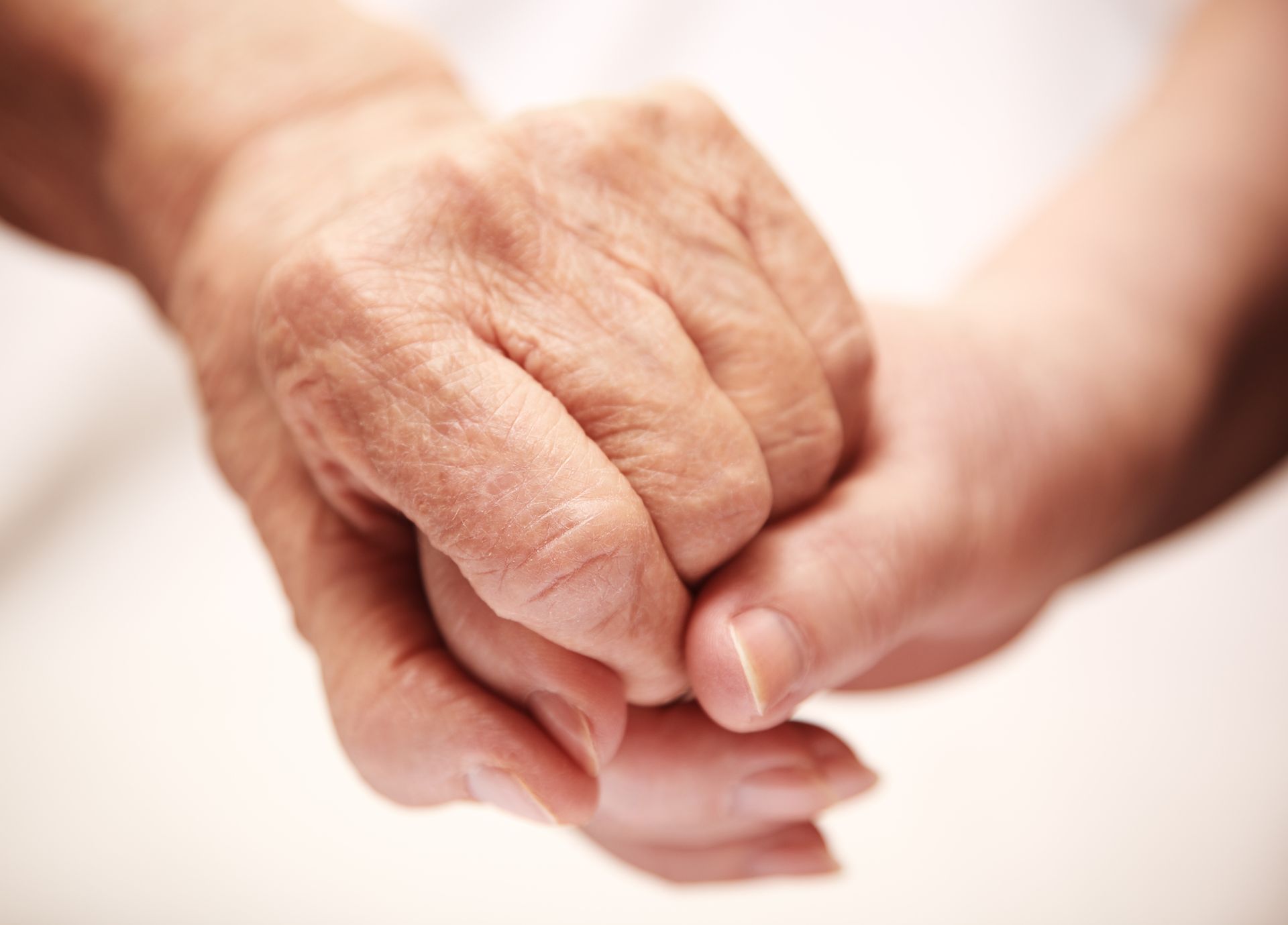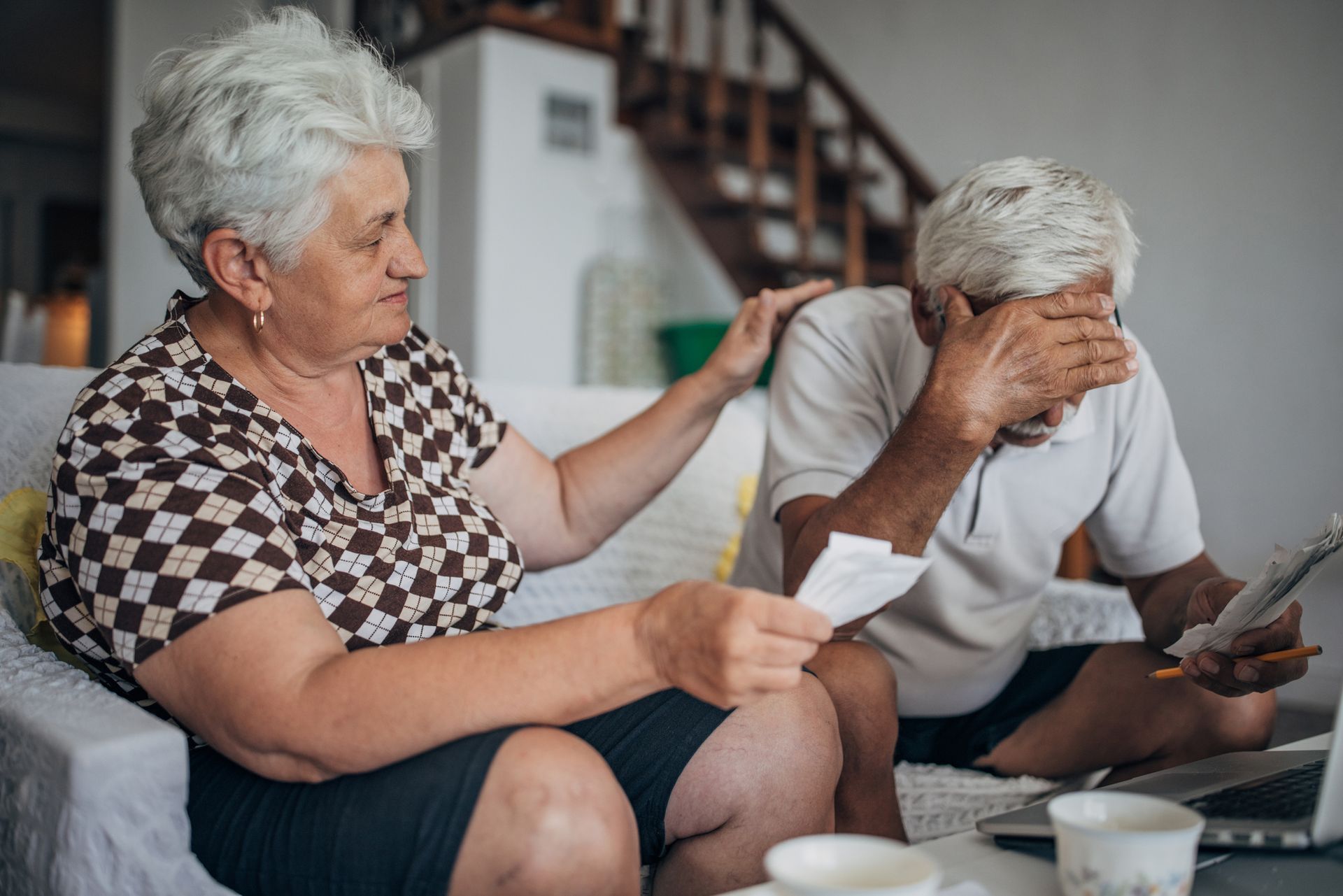5 Signs of Nursing Home Abuse
A National Council on Aging (NCOA) study suggests that up to 5 million elderly people experience nursing home abuse each year. Nursing home abuse can either be physical, emotional, sexual, or financial. In some cases, it takes the form of neglect.
Most of these cases go unpunished either because the victim is afraid, or their loved ones aren't keen enough to notice something is wrong. If you have committed your loved one to a nursing facility, watch out for the following signs of abuse.
1. Physical Abuse
Older adults are like children; if you don't keep an eye on them, they end up harming themselves. The caregivers at a nursing home should prevent residents from intentionally or accidentally causing harm to themselves or others.
If your loved one has serious injuries like cuts, broken bones, and scrapes, the nursing home staff has neglected their duties of caring for them. The staff members may not be aware of how the injuries took place. In some cases, the staff members know how the elderly person sustained their injuries but fail to report the incident promptly. This is a serious form of physical abuse.
2. Emotional Abuse
The pain inflicted by emotional abuse isn't visible, but it deeply affects your loved one's mental state. In most cases, elderly emotional abuse is ongoing. Some forms of emotional abuse include:
- Coercion
- Harassment
- Humiliation
- Manipulation
- Verbal assaults
If your loved one is facing emotional abuse, you will notice changes in their mood. The victim also appears depressed and is constantly anxious.
3. Sexual Abuse
Sexual abuse in nursing homes is difficult to detect. This is because many times it affects people with memory issues like dementia. If the victim doesn't have memory lapses, they may be afraid to report it to their loved ones.
Sexual abuse involves unwanted sexual interaction, including sexual harassment and sexual contact. Some signs of sexual abuse include:
- Anal or vaginal bleeding
- Blood on the victim's underwear, clothing, or bedding
- Bruises around the private parts
- Self-isolation or social withdrawal
- Sexually transmitted diseases
4. Financial Abuse
In many cases, financial abuse may go undetected until you check your loved one's bank accounts or follow up with their finances. Typical forms of financial abuse include:
- Credit card fraud
- Diverted income
- Forcing your loved one to sell their property
- Forgery
- Identity theft
- Stealing your loved one's valuable
Some early signs of financial abuse you should watch out for are suspicious withdrawals from your loved one's accounts or new lines of credit. You may also notice a sudden increase in spending, past due notices, and missing valuables. In severe cases, the courts consider financial abuse a felony. Therefore, the perpetrator will likely serve time in jail or pay a huge fine.
5. Nursing Home Neglect
Many nursing home residents need assistance with activities like going to the toilet, bathing, brushing their teeth, and putting on clothes. Poor hygiene and sanitation are the first indicators that your loved one is facing neglect.
You will notice that they haven't bathed in a while, their bed sheets are dirty, and their bathrooms are filthy. You will also find their surroundings with insect infestations and mold. Neglect may also come in the form of inadequate nutrition and dehydration. Most nursing home residents cannot eat on their own.
Another sign of neglect is when residents miss their meals or don't eat on time. This results in malnutrition and dehydration. A malnourished elderly person is highly susceptible to life-threatening conditions.
If you notice that your loved one is suffering from any form of abuse, you should take action immediately by consulting an attorney. Stawicki Anderson & Sinclair is a legal authority in personal injury cases and will not rest until you get justice for your loved one. Call us today to review your legal options.










